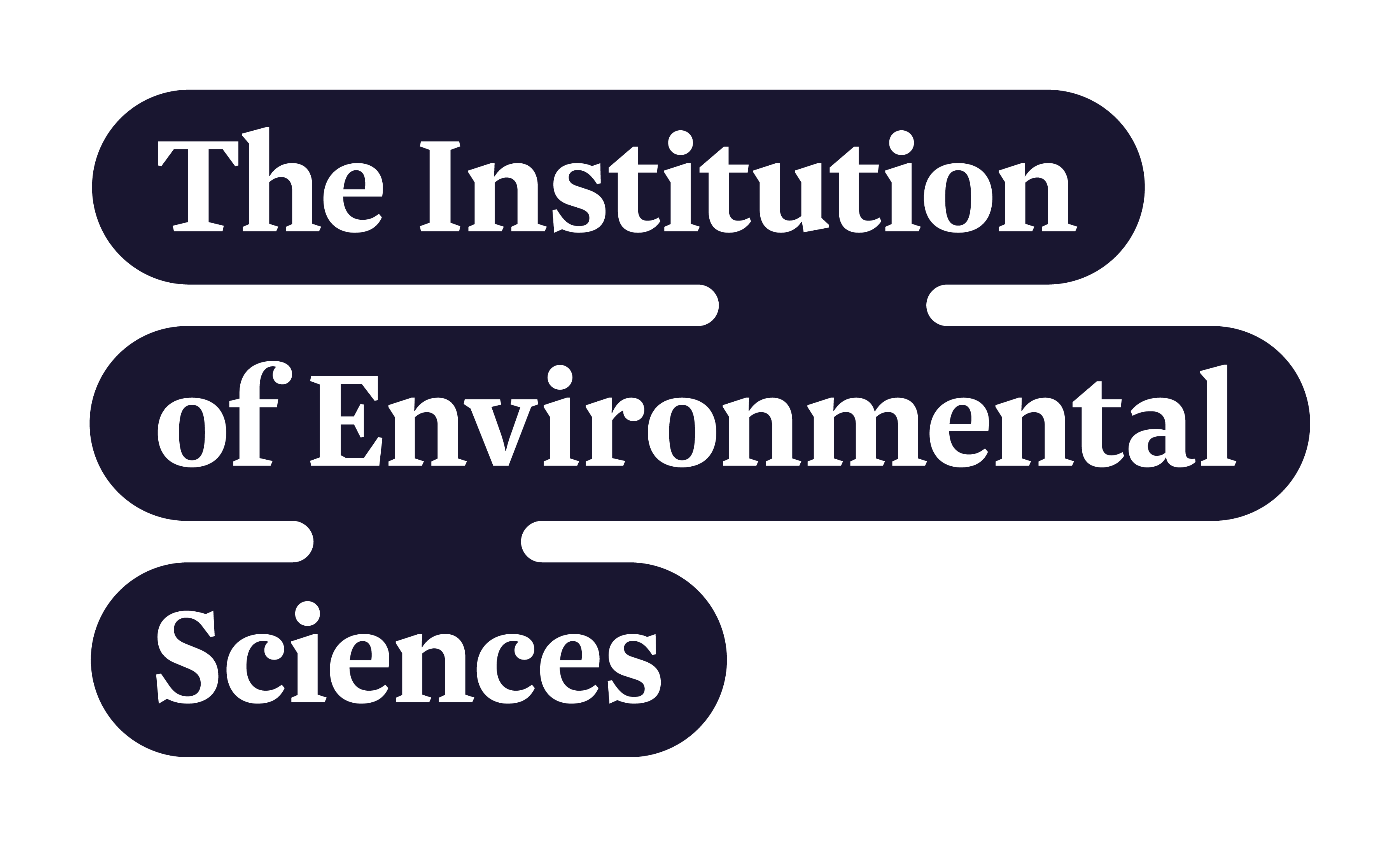Policy Update December 2014
Autumn Statement 2014
In his Autumn Statement the Chancellor George Osborne announced that postgraduate students under 30 years old will be able to take out a loan of up to £10,000 to be repaid concurrently with any existing undergraduate loans. The Government will consult further on the details in due course. Further announcements include the abolition of employers’ national insurance contributions for apprenticeships under 24 years old; £20 million fund to improve careers advice and support for young people; £5.9 billion in research infrastructure between 2016 and 2021 including £800 million for 6 science research facilities across the country.
Schools and Education
The Ofsted Annual Report for 2013/14 claims that more needed to be done by secondary schools and further education colleges to raise the quality of careers advice provision. The report says that teaching quality has improved at the secondary level but concerns remain that “learners are not being prepared well enough for work or further study”. This, the report says is partly down to low employer-engagement in apprenticeships and vocational training. It calls for greater incentives for small and medium-sized enterprises to be given better support and incentives to be more involved in the design and delivery of apprenticeships and in vocational education programmes more generally.
The Prime Minister announced plans to increase the number of science teachers in schools over the next five years and will include incentives to attract postgraduates and career-changers into the teaching profession, as well as re-training for current teachers. The announcement also included details of a new National College for Digital Skills, which from 2015 will work with industry and education providers to support higher-level vocational education. The Business Secretary Vince Cable announced the creation of further three employer-led National Colleges in Advanced Manufacturing, Wind Energy, and Creative and Cultural Industries.
The Department for Education has launched a consultation on developing teaching profession standards, setting out proposals to establish a new independent professional body for teaching and raising the quality of professional development experience by teachers. The consultation deadline is Tuesday 3rd February 2015.
Skills
A report by the House of Commons Science and Technology Select Committee on ‘Responsible Use of Data’ has expressed concern that the UK skills system “is not producing the technically proficient people required to support modern businesses” and calls on the Government to urgently address the data skills gap. The report recommends that learned societies and professional bodies “put an obligation on their members to systematically engage in promoting data science skills through a structured programme of educational engagement.”
The Government has announced a range of new resources aimed at increasing the number of people with ’cyber skills’. The resources include new ‘cyber camps’ and mentoring schemes to help computing graduates gain practical experience in a cyber-security career, a cyber-security careers resources for students within the Graduate Prospects careers website, and a virtual hub to inspire students into cyber security careers and provide advice and information on job opportunities.
Using the case studies of 14 to 19 years vocational education reform Australia and the Netherlands, an Institute for Public Policy Research report has drawn ‘three lessons’ to guide future reforms in England, arguing that “the continued case for change is clear.” The report argues that reforms will only hold long-term if they are complemented by “strong, simple and stable” institutions that focus on delivering the needs of the wider economy rather than on changing the structure and content of qualifications. It is also important for all young people to have access to high-quality academic and non-academic pathways.
Careers
A report by the University and College Union on young people’s perception about post-18 education and training options has suggested that young women have a greater awareness of their progression options as they tend to pursue a wider range of channels to receive advice from than young men. The report says that young women are more likely to have aspirations to progress to higher education, whereas young men are more likely to be attracted to apprenticeships. It also found that all young people remain unsure about whether or not non-A level subjects will support progression to higher education. It calls for the Office for Fair Access to assess the extent to which institutions signpost vocational routes into higher education.
The Government has announced £20 million to fund a new independent ‘careers and enterprise’ advice company aimed at building relationships between schools and businesses in England. The new company will advise schools and colleges, linking them with employers, help boost careers advice in areas where it is poor and provide feedback to government on how well young people are being prepared for work. The company will focus on young people aged 12 to 18.
The UK Commission for Employment and Skills has produced a report to highlight some of the future career opportunities available to young people. Many of the careers listed require some level of technical qualification, but as the report states many will also require a combination of business awareness, communication and interpersonal skills. The report echoes research from the Oxford Martin School, which argued that the ‘computerisation’ of the labour market was likely to lead to more routine-intensive occupations such as those in Accounting, Insurance and across manufacturing becoming automated.
A survey by the Department for Business, Innovation and Skills reveals the low level awareness of the National Careers Service
(NCS) among employers, with less than 50% surveyed stating their awareness of the NCS. Among employers that knew of its existence, only a quarter reported having an existing and long-standing relationship. Among schools and colleges awareness was very high. Schools and colleges’ reported high satisfaction with the availability of job profiles, but was criticised for not being user-friendly for younger children and that “information needs to be up-to-date”.
Higher Education
University Alliance (UA) has published a discussion paper on how the UK can develop the best possible environment for research excellence. The paper outlines three characteristics essential to a fully working research environment: Selectivity, Collaboration, and Responsiveness. UA are asking for external input to this work. The deadline for submissions is Monday 12th January 2015.
Science and Industry
A report by the House of Commons Business, Innovation and Skills Select Committee on Business-University Collaboration has called for the Government to raise spending on research and development to 3% of GDP by 2020.


